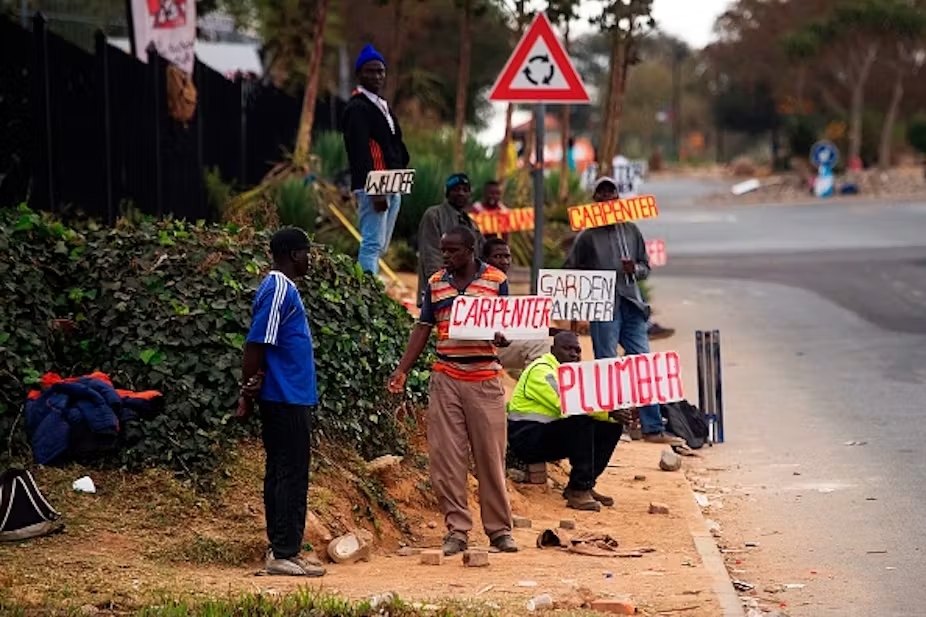South Africa’s business community and trade unions are raising alarm bells after U.S. President Donald Trump announced sweeping new tariffs on imports — including a punishing 31-percent duty on goods from South Africa — that will take effect on April 9.
Industry groups and analysts say the tariffs are already threatening to upend multiple sectors of the South African economy, putting tens of thousands of jobs at risk and worsening the economic hardship of ordinary citizens.
The Citrus Growers’ Association (CGA) of Southern Africa has warned that the citrus industry alone could lose up to 35,000 jobs as a result of the tariffs. The United States is one of South Africa’s largest export markets for citrus fruits, and many small and medium-sized farms now fear collapse under the added financial burden.
“This is a direct threat to farmers, their workers, and the communities that depend on this industry,” the CGA said in a statement Thursday.
But the impact is not limited to agriculture. According to the Congress of South African Trade Unions (COSATU), mining, jewelry, automotive, chemical, and apparel manufacturing sectors are also in the firing line.
Emanuel Matambo, director of the Africa-China Research Center at the University of Johannesburg, called the tariffs a reckless act of economic nationalism.
“We do not know exactly what economic nationalism is prompting Trump to go this route, but U.S. consumers will not benefit in the short term — they will pay more,” Matambo said.
He added that while the tariffs are disrupting global trade, they may inadvertently provide Africa with a renewed incentive to strengthen intra-continental commerce.
“There is now more reason than ever to fast-track the African Continental Free Trade Area. Until now, trade between African countries has hovered below 20 percent,” Matambo explained. “Trump’s policies could serve as a wake-up call for Africa to stand together and trade more with itself.”
The Trump administration has defended the tariffs as necessary to protect American industries and manufacturing jobs. But across the globe, backlash is intensifying as countries grapple with the fallout of an increasingly unpredictable U.S. trade policy.
As the April 9 deadline takes effect, South African businesses say they have been left with little time to adapt and are calling on the government to urgently seek redress through diplomatic channels.



